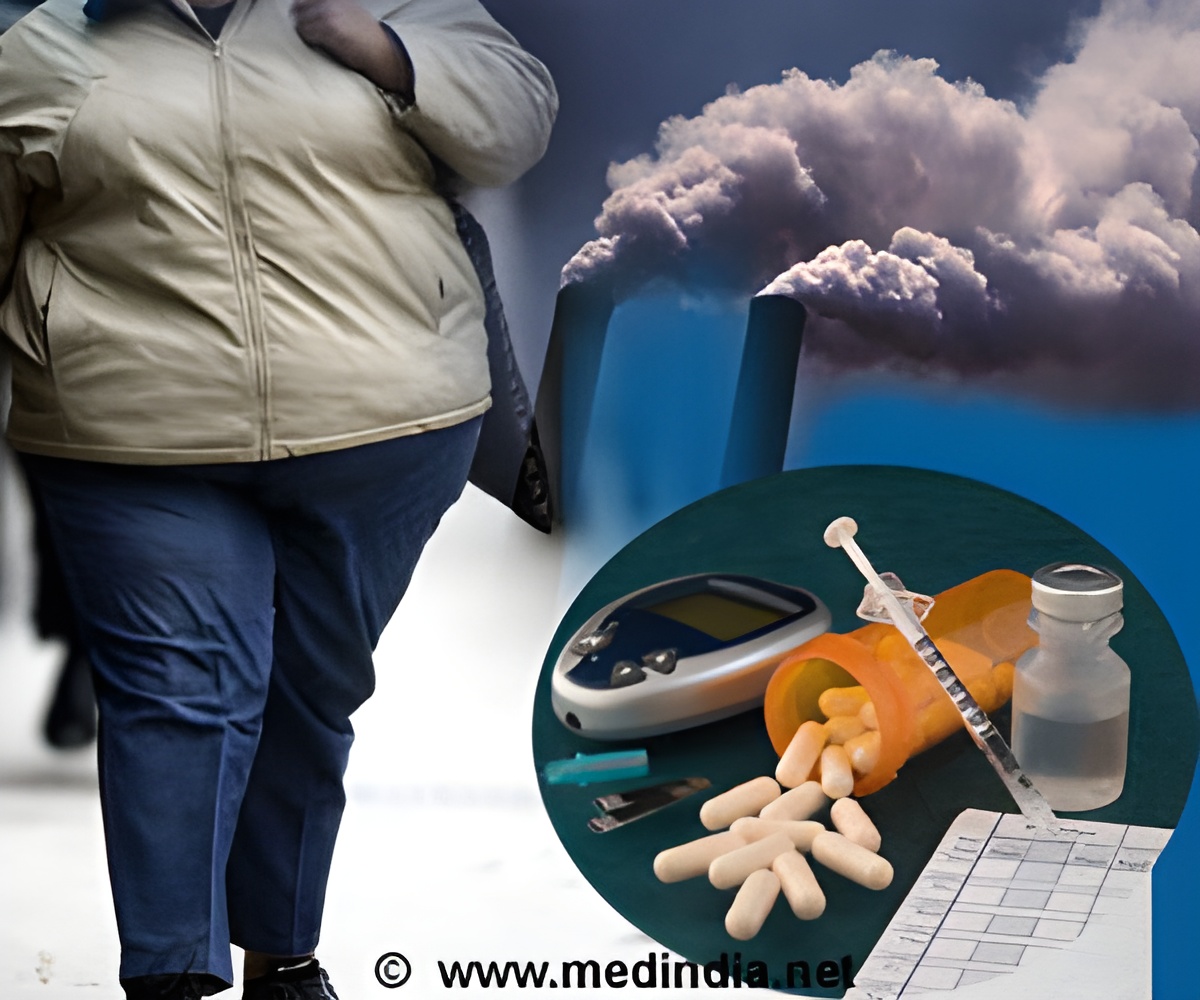A new study has revealed that human exposure to hormone disrupting chemicals could cost the European Union some 157 billion euros a year.

The study said, "EDC exposures in the EU are likely to contribute substantially to a wide array of disease and dysfunction across the life course with costs in the hundreds of billions per year. These estimates represent only those EDCs with the highest probability of causation."
The main aim of the study was to deliver an estimate on the health and economic benefits of regulating EDCs as the European Commission, the executive of the 28-country EU, reviews legislation. However, this new regulatory framework, which could lead to a ban on a wide range of pesticides, food packaging or ingredients for cosmetics, has been postponed until 2016.
Officials in Brussels, where the study was released, say the scientific and economic complexity of the subject justifies the delay but critics accuse the commission of being too close to the chemical industry.
Source-Medindia














